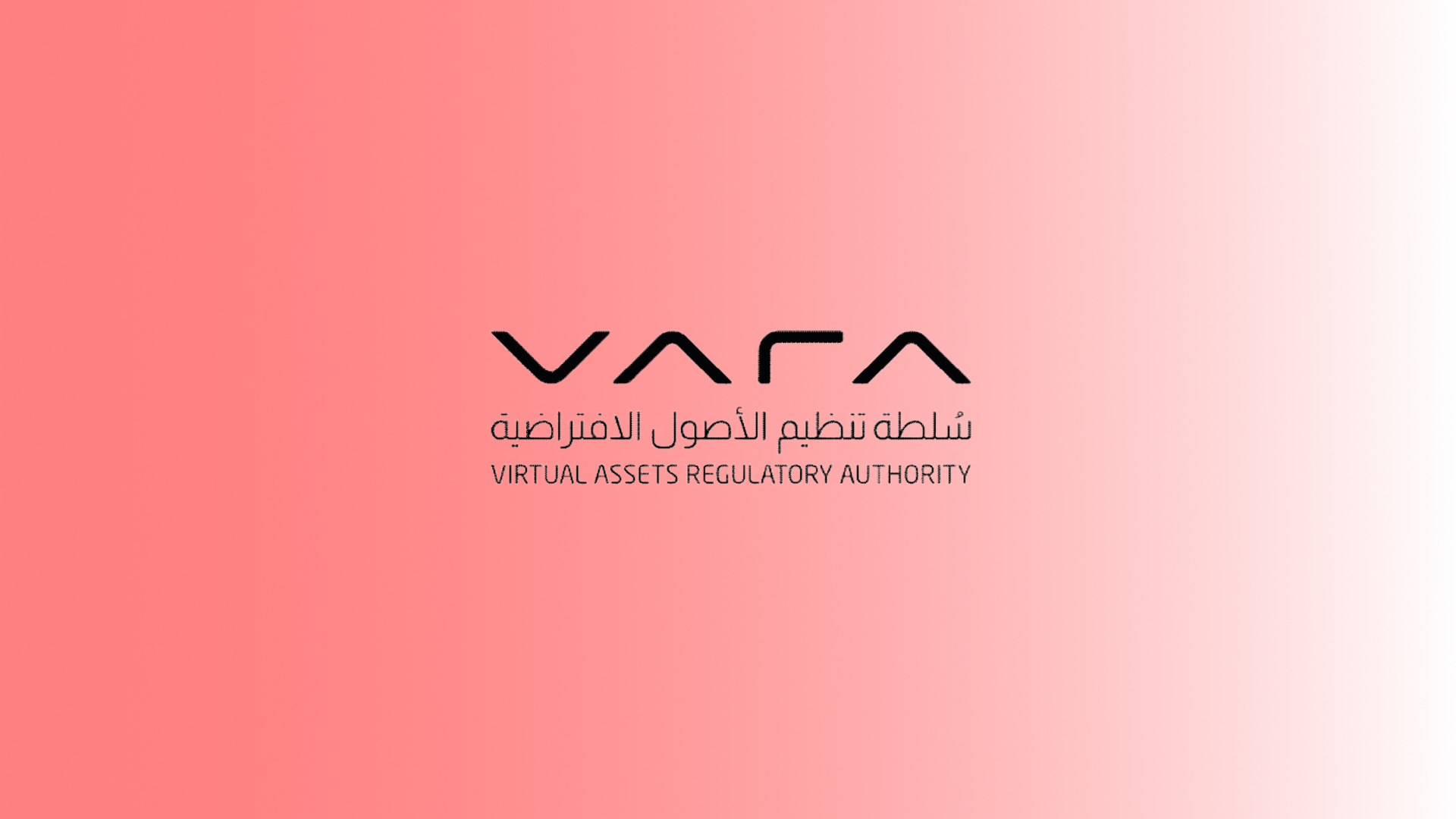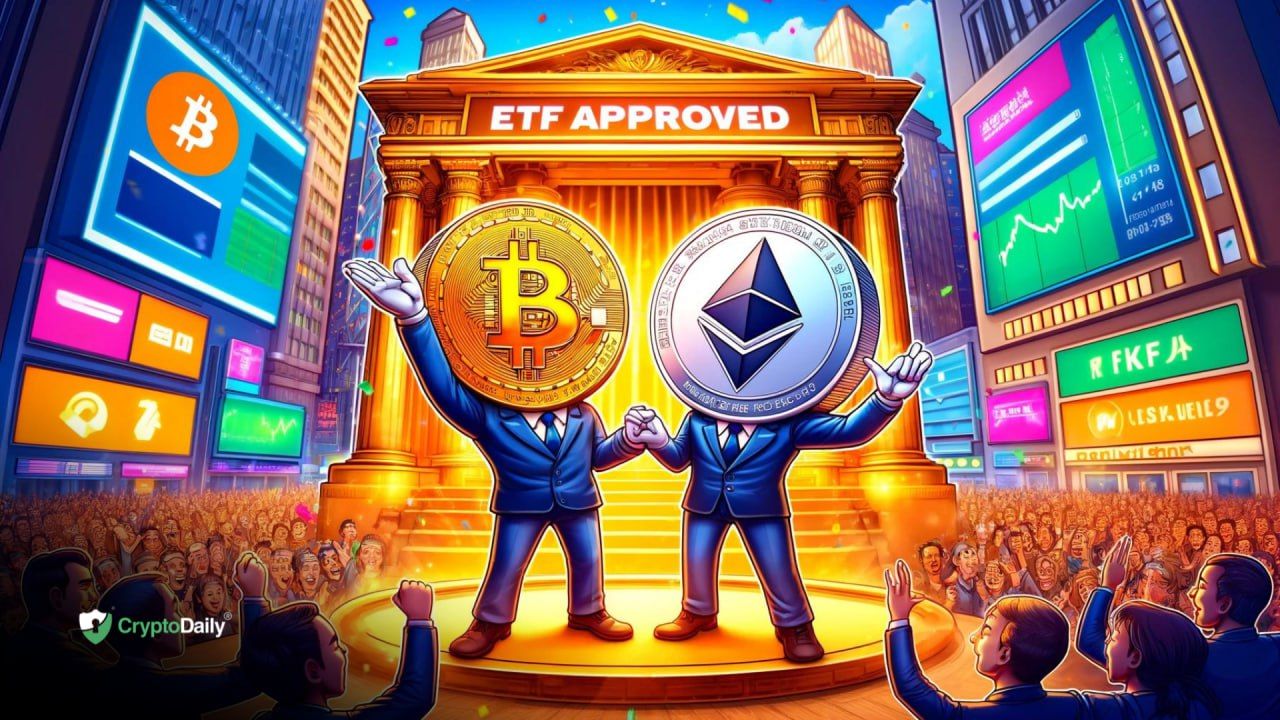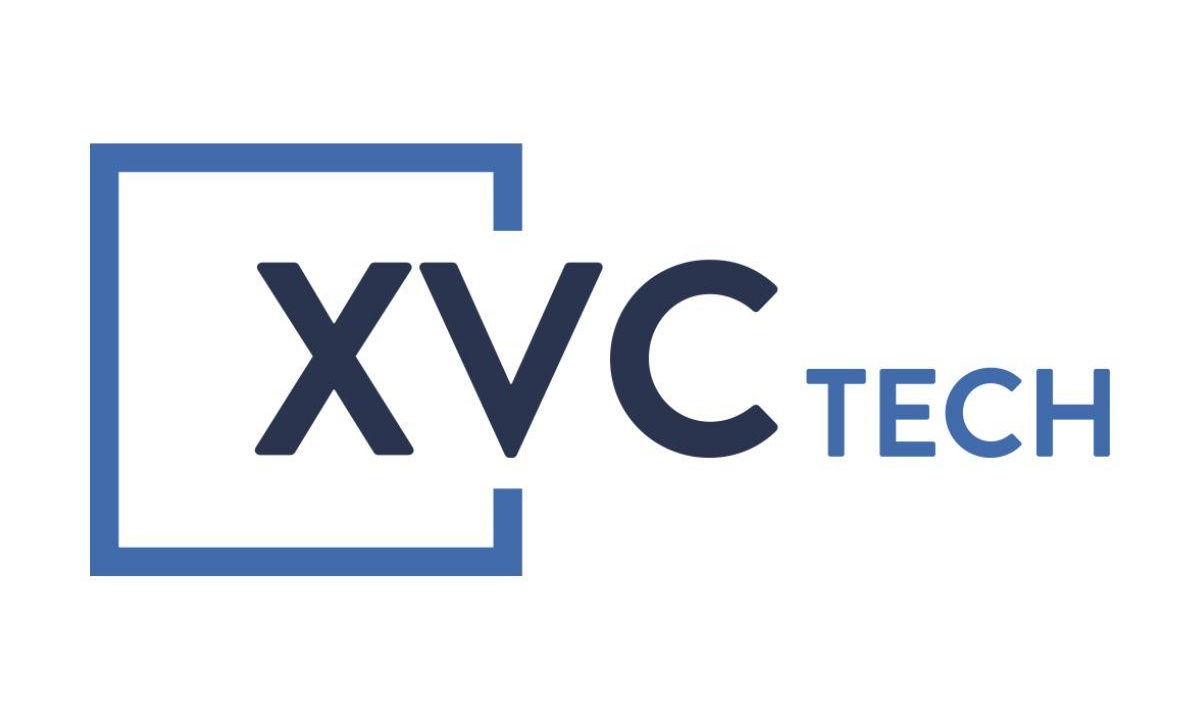The country's Virtual Assets and Regulatory Authority (VARA) has released a new set of regulations for the any crypto-linked firm attempting to set up a business in its jurisdiction.
Among these new regulations is one that might not come off as a surprise: privacy. Dubai has been known for its stringent measures in terms of crypto-related activities, and this is yet another step taken to ensure that crypto firms abide by the laws of the country. The regulator has set down a total ban on privacy-focused crypto projects and assets such as Monero (XMR) and Zcash (ZEC). Other privacy-focused cryptocurrency projects such as DASH, Horizen (ZEN), and Beam may also be affected. The regulator did not specify, however, whether third-party dApps such as Tornado Cash will also be included in the ban.
The move comes after a number of privacy coins have started to gain traction in the crypto industry, with many crypto investors turning to them as a way to protect their funds from government regulations. To combat this, Dubai has implemented a policy that crypto firms must be able to demonstrate the origin of crypto funds and crypto assets present in their systems. Licensing must also be obtained only from the regulator, with no other recourse for any crypto firm but to comply to its regulatory framework to obtain an operational license.
According to the VARA's recently released statement, anonymity-enhanced cryptocurrencies pose a threat to the country's financial stability, such that any token or cryptocurrency operating from this notion must be banned to prevent and miscalculations on the part of the regulator.
“Anonymity-enhanced cryptocurrencies prevent the tracing of transactions or record of ownership through distributed public ledgers and for which the virtual asset service provider [VASP] has no mitigating technologies or mechanisms to allow traceability or identification of ownership," the document details.
According to VARA, crypto firms and individuals found to be in violation of the compliance framework may be subjected to a hefty fine of up to 20 million Dirhams, which is roughly the equivalent of $5 million in USD. Institutionally-tied projects may be fined much more, running up to 50 million Dirhams ($13 million) for any action construed as a violation of VARA's terms.
There's a bit of relief here though: these new rules will only apply to crypto and digital asset firms operating in Dubai. Those which are located in the Dubai International Financial Centre (DIFC) economic zone will be exempt from these regulations, given that they are under the jurisdiction of a separaate regulator. Despite this, VARA insists that everyone in Dubai's crypto market should still abide by the regulations for advertising and marketing their products and services.
This latest development is a bit concerning, though. Dubai has been known for its crypto-friendly business environment, with Binance chief Changpeng Zhao even considering to put up headquarters for their exchange in the country. It can also, to a certain degree, become a setback for crypto projects that have privacy features in terms of adoption. While this could prove to be beneficial in the long run, setting limitations on what crypto assets and tokens could and could not do may be counterintuitive to what the values of crypto and decentralization represent.
Disclaimer: This article is provided for informational purposes only. It is not offered or intended to be used as legal, tax, investment, financial, or other advice.
Erratum: A previous version of this article mentions Verge as one of the privacy-oriented cryptocurrencies which will be affected by the ban. A representative of the firm has reached out to CryptoDaily explaining that their project will not be affected because it forms a hybrid interface: while it has a public blockchain, users may still opt for obfuscation methods, but the transactions and the amount remain visible on a public blockchain, as well as the wallet addresses. This article has been updated to reflect those changes and the phrasing has been adjusted to reflect possibility instead of certainty. [02/09/23]














